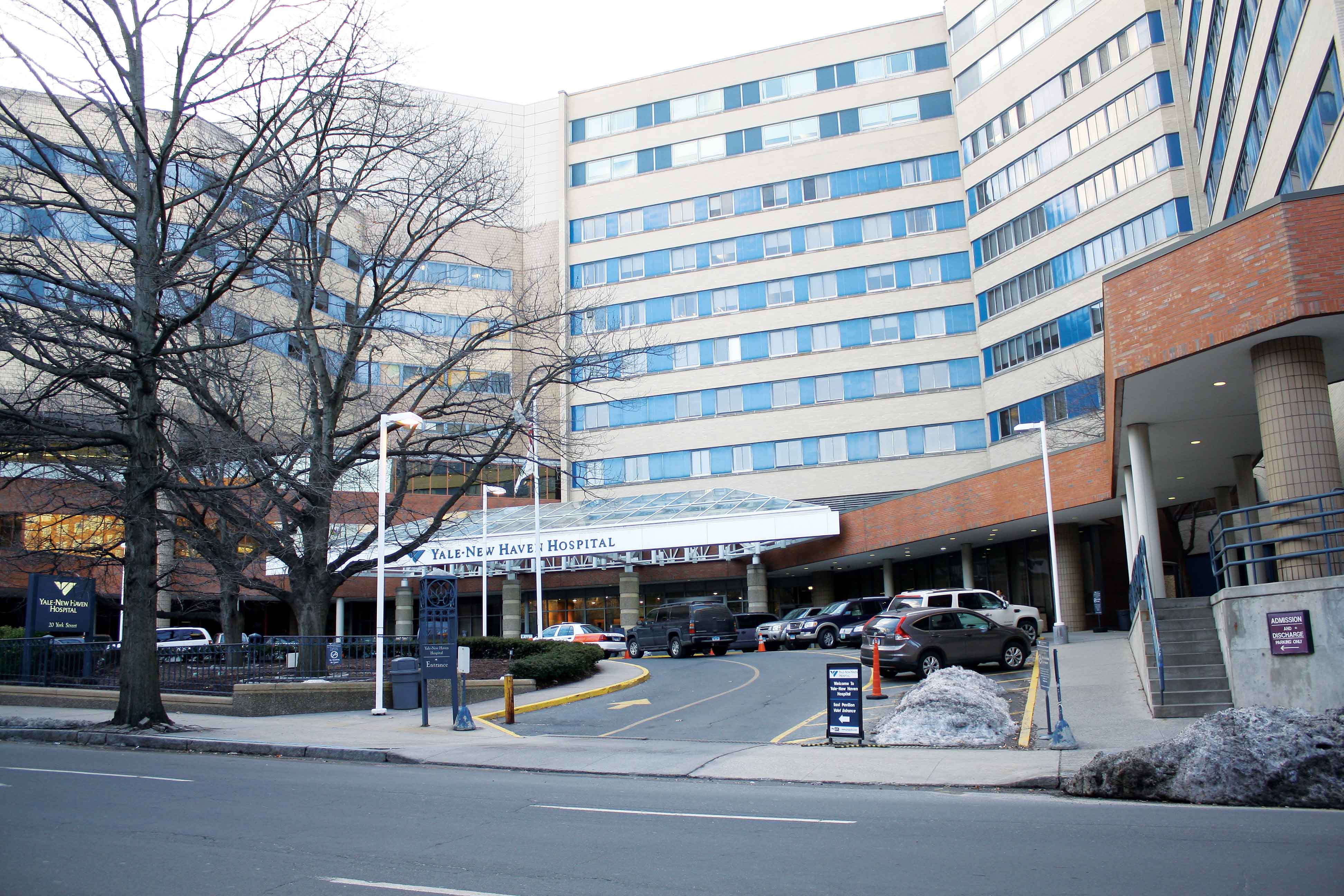
In October, the Yale New Haven Transplantation Center launched a first-of-its-kind telemedicine program which allows physicians to conduct video visits with their patients.
The program, a collaboration between Yale New Haven Health and Yale Medicine, was first used on Oct. 20 when a recent kidney transplant patient used his smartphone to attend a follow-up video visit with David Mulligan, the chief of Yale Medicine Transplantation and Immunology and the director of the Transplantation Center. According to Mulligan, it has taken around six years to develop the idea of video visits into a clinical reality.
“[The technology] came from a desire to do something oriented towards the patients, to try and improve [their] experience and to enhance our ability to care for them,” Mulligan said. “That’s how it started, and it’s been a big success. The patients love it.”
Mulligan outlined a number of ways in which patients benefit from the ability to visit with a doctor without physically entering a clinic or hospital. Those receiving transplant-related care benefit especially from telemedicine technology because such care requires multiple visits with patients in order to “check their labs, adjust their medication dosages and do many things that go above and beyond what happens in normal visits,” he said. The visits take place as often as two or three times a week and can occur over a period of several months. For many patients, traveling to the hospital for frequent face-to-face visits, particularly if a patient must address transportation, child care and work-related concerns, is costly and inconvenient, Mulligan added.
According to the Yale School of Medicine website, the new video technology is integrated into Epic, an electronic medical record system that consolidates all available patient information in a single secure database. Through Epic, physicians and other clinicians throughout YNHH can access a “complete array of patient data, such as medical history, allergies and current medications; see test results as soon as they are available; and communicate with other physicians about a patient,” per the medical school’s website. In addition, patients can use Epic’s MyChart secure patient portal to see test results, view upcoming appointments, schedule routine visits and pay bills securely.
Mulligan stated that Yale Medicine and Yale New Haven Health are the first providers in New England to use Epic-integrated video technology to connect physicians with patients in their homes or at other remote locations. This cohesive technology allows physicians to have virtual visits with patients while simultaneously having access to test results and other vital medical information.
Paul Taheri, the chief executive officer of Yale Medicine, expressed enthusiasm for the program, stating that the expansion of telemedicine technology bodes well for the future of patient care.
“[Telemedicine] is growing because the patient demand is there and the entire notion of time and space is changing in health care, as well as the rest of our culture,” Taheri said. “No longer do patients always have to physically visit their doctor to receive care.”
While the Transplantation Center’s telemedicine program is the first to make use of video visits, Yale has a variety of other telemedicine programs, such as TeleStroke and the Insight Tele-ICU. According to Lisa Stump, senior vice president and chief information officer at YNHH, the InSight Tele-ICU uses advanced telemonitoring to enable care for intensive care patients across the health system from a single location, while Telestroke allows neurologists to provide remote treatment for stroke patients. Stump said that these programs were gradually rolled out about a year ago and together create a “better patient experience.”
Despite the growing success of telemedicine programs, certain factors may hinder continued expansion, according to Robert Alpern, dean of the medical school. Alpern pointed out that health care payers, such as insurance carriers or health-plan sponsors, have frequently been reluctant to reimburse a physician unless the physician is in the room with the patient, particularly under the fee-for-service system — a payment model whereby services are unbundled and paid for separately. Thus, physicians who provide advice by phone or email generally receive no reimbursement, Alpern added.
“While [telemedicine] has been seen for some time as a way to improve health care, it could be abused by providers,” Alpern said.
However, he added that this paradigm is beginning to change and that he hopes it will continue to do so. Mulligan said that the Transplantation Center addressed billing concerns by rolling out a bundle plan which patients pay for in advance. He added that the bundle covers a certain number of face-to-face and virtual visits.
The Yale New Haven Transplantation Center is located at 24 Hospital Ave. in Danbury.







